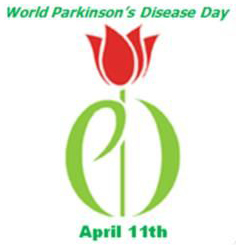When puberty happens to an ADHD child, what are the issues? And, what are the “tips for parents”?
In this somewhat light-hearted visit to yester-year we examine the medical situation of about a hundred years ago and discover the BIG worry parents had: rashes, and the problems they caused. A simpler time, the six known diseases which caused rashes were given numbers—which “mature” doctors still sometimes use in “secret code” against those GEN-Z “kids.”
The just barely turned teen Logan LaPlante told the attendees at the TEDxUniversityOfNevada conference that the most annoying question kids are always asked is: “what do you wanna be when you grow up.” He then went on to explain that he just wants to be happy like he is now – and that we “don’t seem to make learning how to be happy and healthy a priority in our schools.” Watch this mature-for-age homeschooled kid talk about how he has “hacked” school into something that makes him not only educated but happy. Happy with home schooling.
[Site no longer active] Give anyone older than about 40 enough of an opening to explain the difference between what kids experience today and what they experienced back then – they’ll NOT be a loss for words. Perhaps about an hours worth, if they’re in a hurry to get somewhere. In the form of a […]
In fact there’s a lot of things you can’t MAKE a kid do—well you could, but not without damaging something. Things like eating, sleeping and going potty are the “trifecta” of parenting problems a pediatrician is sought out for to provide counseling and hopefully an answer. A pediatrician on the east coast calls himself “A […]





